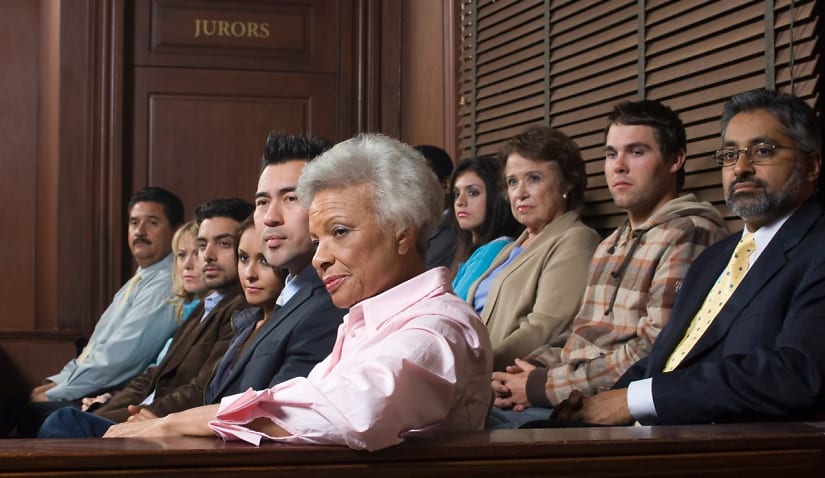New research suggests that there is not enough being done to support jurors, who experience the same traumas as trained professionals in policing, law, or psychology.

James Cook University student Rebecca Ward, MBA and Macquarie University Professor John Croucher co-authored a paper that explored the inadequate support provided to jurors who face psychological harm from material they witness during a trial.
Despite the civic duty that jurors carry, Australia does not provide sufficient trauma-informed care for jurors before trials, providing cursory statements such as: “The following material may be confronting”, it said.
Jurors are also expected to “return to normal” immediately after the verdict, the paper added.
Speaking about their research, Ward said: “We were concerned about the impact from these kinds of cases, where laypeople can be required to view autopsy photographs, listen to emergency calls and assess disturbing testimonies without any formal training or mandatory psychological support.”
In the paper, the researchers showed that confronting audio recordings are more traumatic than visual material, as “unlike photographs, which can be looked away from, audio requires deep attentiveness”.
“In extreme cases, jurors have reported suicidal ideation or long-term psychological distress following service in traumatic trials. What makes it worse is that jurors are legally restricted from disclosing deliberation content to family members or mental health professionals, even when doing so might aid psychological recovery,” Ward said.
The researchers found that disclosure suppression can worsen distress and isolate individuals in dire need of support.
“This institutional silence not only compounds trauma but also erodes public trust. By failing to acknowledge the emotional cost of compulsory jury service, the justice system sends a clear message: your service ends when the verdict is read, even if your suffering does not,” they added.
The paper said that, unlike trauma-exposed professionals who sometimes have access to mental health services, leave entitlements, or hazard pay, jurors are treated as though they are unaffected.
“We’re calling for the introduction of clearly defined trauma-informed jury procedures. Mandatory psychological briefings, in-trial check-ins, post-trial debriefings, access to counselling and protected therapeutic disclosure are not optional extras; they are structural necessities,” Ward said.
The paper said that currently, without adequate psychological support, jurors are four times more likely than the general public to meet the threshold for PTSD symptoms and are at risk of vicarious trauma.
“There is a clear need for systemic reform to acknowledge juror wellbeing as a necessary component of a fair and ethical justice system,” Ward said.